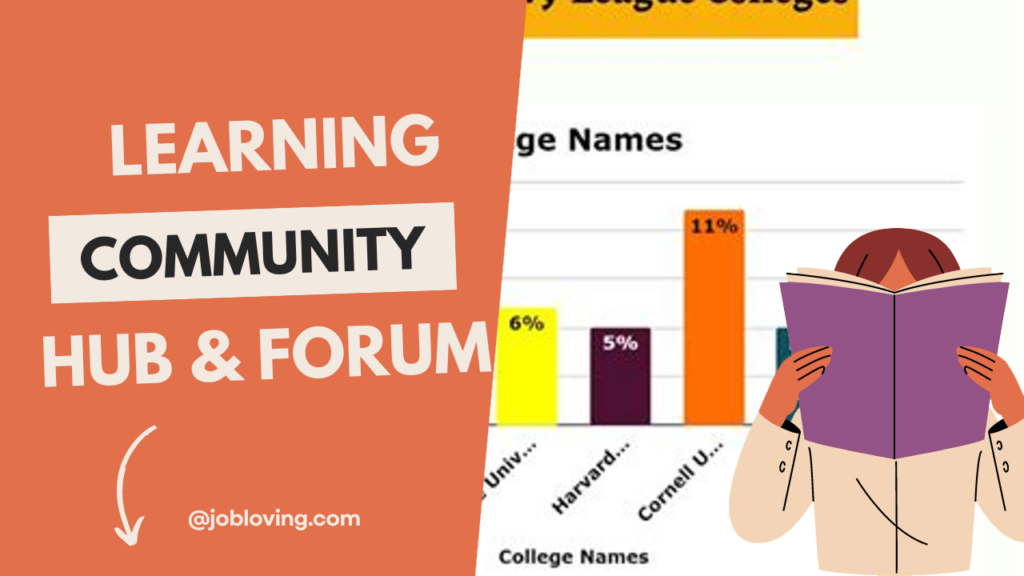Wondering if a 3.7 GPA is a ticket to the Ivy League or a one-way bus to nowhere? You’re not alone—many students with stellar grades fret over their admission chances. So let’s break it down and see if a 3.7 GPA has any chance of cracking that elite admissions fortress.
Quick answer: A 3.7 GPA is decent, but not quite the golden ticket for Ivy League admissions.
To dance with the Ivy League elite, students typically strut in with GPAs in the stratosphere, often hovering between 3.9 and 4.0. These universities are looking for academic prodigies, and while a 3.7 isn’t dragging you down to the depths of despair, it puts you in a competitive race where you might be running behind those who have a slightly higher average. Keep in mind that Ivy League admissions aren’t just about GPA; they want to see a constellation of extracurriculars, leadership, and stellar personal essays—but hey, we all know it’s a tough crowd!
In conclusion, while a 3.7 GPA isn’t the worst news you’ve ever heard, it’s not exactly enough to pop the champagne for Ivy admissions. So, stand tall, buff up those credentials, and maybe consider joining clubs where you can shine! And for those more questions lurking in the shadows about getting into your dream school, don’t forget to join the JobLoving community for more resources and support!
Key takeaways about Is a 3.7 GPA bad for Ivy League?
Understanding Ivy League GPA Standards
- Average GPAs for Ivy League schools typically range from 3.9 to 4.0 for applicants.
- A 3.7 GPA is below the average reported at Ivy League institutions, yet not disqualifying.
- GPA is crucial, but compelling essays and special talents can offset lower GPA scores.
- A weighted GPA between 3.9 and 4.0 can improve competitiveness in Ivy League applications.
- A 3.7 GPA is generally considered excellent for Ivy League admissions, not a disadvantage.
- Schools may recalculate GPAs differently, affecting how applications are assessed during admissions.
- Recent grades in grades 11 and 12 hold more weight than earlier academic performance.
- Ivy League schools prioritize challenging coursework, reflecting a student’s commitment to academic excellence.
- Maintaining a high GPA while engaging in meaningful extracurriculars is key to a strong application.
- GPA alone won’t guarantee admission; holistic review considers all application components.
Admission Factors Beyond GPA
- Admission rates for Ivy League schools hover around a mere 5%, indicating extreme selectivity.
- Ivy League schools evaluate entire transcripts, not just GPA, focusing on coursework and grades achieved.
- Non-academic factors like personal character and extracurricular activities significantly influence admission decisions.
- Extracurricular activities showcase a student’s passions and skills beyond academic performance in applications.
- Applicants with lower GPAs can still gain admission through strong application components and narratives.
- Ivy League schools seek well-rounded individuals who balance academics with extracurricular involvement and interests.
- Personal essays reflecting genuine experiences can significantly impact Ivy League application outcomes.
- Connections and recommendation letters can heavily influence admissions decisions at certain colleges.
- Minority status and gender identity factors are increasingly important in Ivy League admissions.
- Ivy League schools value unique contributions to community, beyond just academic performance.
Competitive Edge for Ivy League Applicants
- SAT scores above 1480 or ACT scores over 28 are competitive for Ivy League schools.
- Early decision applications can enhance chances of admission significantly at Ivy League institutions.
- A weighted GPA can improve an applicant’s chances amid the intensive competition.
- Indicating “full pay” on applications increases likelihood of acceptance at top private colleges.
- Wealthy, athletic, or legacy applicants dominate Ivy League admissions, making it challenging for others.
- Financial aid processes are separate from admissions; FAFSA ensures aid for qualifying students.
- High GPA helps middle-class students secure financial aid, but isn’t the sole determinant.
- Admissions offices prioritize applicants who demonstrate commitment and willingness to pay tuition.
- The admissions landscape is complex; guidance from professionals can help navigate challenges effectively.
- Top private colleges may engage in unethical practices, such as accepting bribes or legacy preferences.
Strategies for Strengthening Ivy League Applications
- Advanced courses can enhance an application, demonstrating a student’s ability to tackle challenges.
- Maintaining a balance between academics and extracurricular activities is essential for applicants.
- Compelling essays that narrate personal journeys can play a significant role in admissions decisions.
- Highlighting unique experiences and contributions can differentiate candidates in the admission process.
- Investing time in building strong relationships with mentors can lead to impactful recommendation letters.
- Applicants should focus on creating a comprehensive application displaying their best attributes.
- Choosing a college should be based on personal fit rather than perceived prestige or ranking.
- Continuously improving grades in challenging courses can substantially influence admission outcomes.
- Engaging in meaningful community service projects can enhance an applicant’s profile.
- Exploring passions outside academics will contribute to a well-rounded application portfolio.

